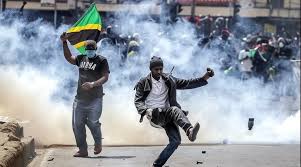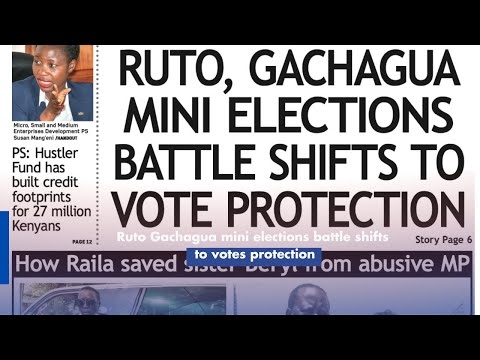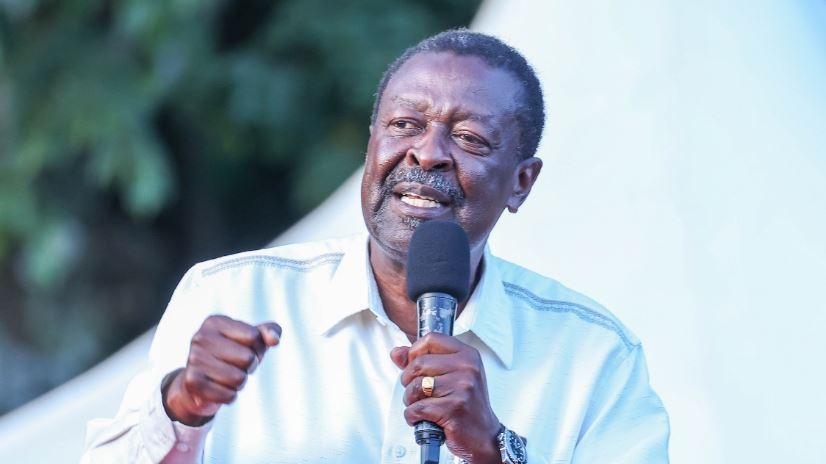

A diplomatic row between Tanzania and the European Union (EU) has erupted over a planned motion by the EU Parliament to discuss the political crisis in the country.
The EU Parliament is today November 26, 2025 scheduled to debate the motion titled ‘Post-election killings and the deteriorating human rights situation in Tanzania, including the case of imprisoned opposition leader Tundu Lissu’.
However, Tanzania, through its Embassy in Brussels, has sent a protest letter to the EU saying debating such a motion without giving her the right to reply is a violation of international rules and a threat to its sovereignty.
In the official correspondence dated November 25, 2025 (Ref. No: CKAG204/699/01), the Tanzanian government has faulted the European Parliament over what it has termed as violating the Samoa Agreement, the framework governing relations between the EU and African, Caribbean, and Pacific (OACPS-AU) states.
"The Government is concerned that a matter of such gravity touching directly on the sovereignty and reputation of the United Republic of Tanzania is being advanced without affording the Government an opportunity to present its side and clarify facts," the note states.
It adds, “The Government further recalls the universally recognised principle of natural justice regarding the right of the concerned party to be heard before conclusions are drawn. This principle has not been observed, including during earlier discussions at the Committee on Foreign Affairs (AFET), where Tanzania was not invited to provide factual clarification. As a result, the debate risks being informed by unverified reports and one-sided narratives.”
Tanzania has informed Brussels that it is ‘committed to democracy, human rights and rule of law’ and has since appointed a national commission of enquiry to probe the one-sided election-related chaos during which Samia Suluhu Hassan was elected with a near 98 per cent vote.
Tanzania authorities have, however, failed, both locally and abroad, to release any statistics on the number of casualties during the four-day chaos, where internet and electricity were shut down.
Civil organisations and opposition groups claim over 2,000 people were massacred by police, and most of them buried in mass graves.
Tanzania is increasingly facing isolation, even in Africa, where the African Union (AU) dismissed Samia’s victory, saying they violated the democratic ideals that establish the continental body.
Earlier this week, committees within the European Parliament voted to object to a €156 million development funding package for Tanzania, citing "democratic backsliding”.
Today’s motion may recommend further sanctions.
At home, the government has intensified a crackdown on individuals and WhatsApp group administrators over ‘incitement’ claims for advocating for a second wave of protests to coincide with Independence Day on December 9.
Samia has since cancelled any public celebration of the day and instead directed resources made for any activities to be re-channelled to building infrastructure that was destroyed during the violent protests.
She was sworn in on November 4, 2025, at a military facility in Dodoma at an event where the public was locked out and has largely avoided public events.
















![[PHOTOS] Family, friends receive body of Raila’s sister, Beryl](/_next/image?url=https%3A%2F%2Fcdn.radioafrica.digital%2Fimage%2F2025%2F11%2Fdfe6a9bf-ede1-47a4-bdc0-4f564edb03dd.jpeg&w=3840&q=100)

